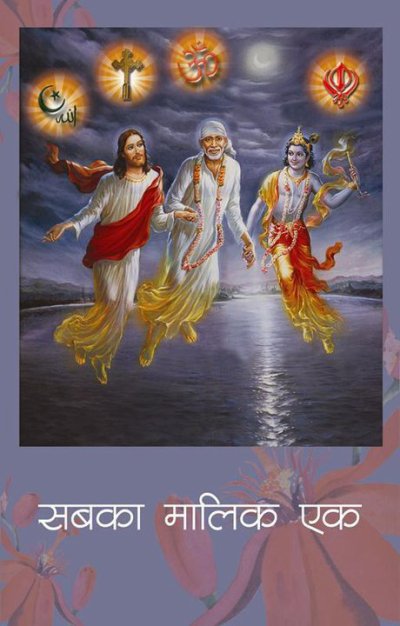"Think in terms of optimism, don’t be a pessimist
Even if you come across a negative, find something positive in it. You will always be able to find something. And the day you become skillful at finding the positive in the negative, you will dance with joy.
Try it, try the new vision of life. Think in terms of optimism, don’t be a pessimist. The pessimist creates hell around himself and lives in it — you live in the world you create. Remember, there is not only one world, there are as many worlds as there are minds in the world. I live in my world, you live in your own world. They are not only different, they never overlap. They are utterly different, they exist on different planes.
Then you start turning each opportunity into a challenge for growth. For example, somebody insults you. Now it is so clear that you have been insulted, how can you practice a happy frame of mind now? Yes, it can be practiced.
This is how one should use situations, this is how a sannyasin should use negative opportunities for inner growth, for inner understanding, for meditativeness, for love, for compassion. And once you have learned this happy frame of mind, this positive vision of life, you will be surprised that the whole existence starts functioning in a totally different way. It starts mothering you. It starts helping you in every possible way, it becomes a great friend.
~ Osho - Book “The Book of Wisdom”













